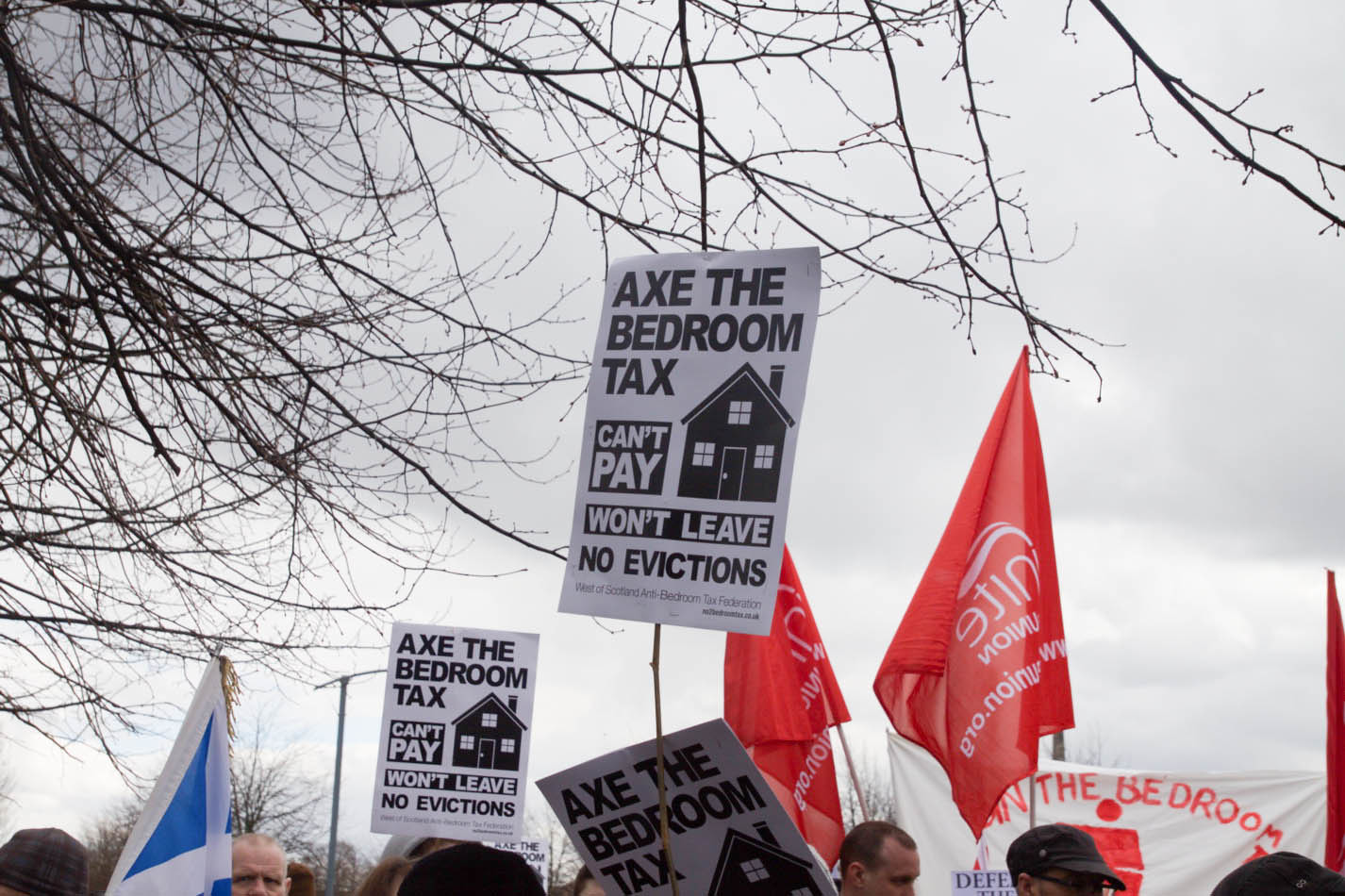A rape survivor’s human rights were breached after her housing benefit was reduced and she was threatened with eviction from her sanctuary scheme-provided home, a court has ruled.
The survivor, a mother deemed to be at “extreme risk of domestic violence”, had been living with her son in a specially adapted three-bedroom home with a panic room installed in the attic.
She was issued the home through a sanctuary scheme in 2012 after she was contacted by an ex-partner, who ten years earlier violently attacked and raped her upon his release from prison for attempted murder.
However, her housing benefit was reduced by 14 per cent following the introduction of the 2012 Welfare Reform Act, which is commonly referred to as the “bedroom tax”, because she was deemed to have a spare room.
She had applied for a discretionary payments – known as DHP – intended to cover a shortfall in her rent.
In early 2015, she received a letter from her local authority threatening eviction after her DHP application was refused. This was eventually overturned by the work and pensions secretary, who said the refusal was the result of an “error of processing”.
On Thursday (24 October), the European Court of Human Right’s (ECHR) seven judges unanimously ruled that the housing benefit reduction had breached the mum’s human rights and was discriminatory.
The government has been ordered to pay the mum €10,000 in damages for the distressed caused.
This overturned a 2016 Supreme Court judgment in which five out of seven judges dismissed the mum’s claims.
“[The woman’s] reduction in housing benefit puts at risk her ability to stay there and therefore constitutes discrimination,” the judgment reads.
“DHP’s are not good enough to justify this discrimination; it is not acceptable for [her] to endure the additional difficulties and uncertainties involved in obtaining them.”
It added: “The state has a positive obligation to provide effective protection for victims of domestic violence.
“A failure to do so constitutes discrimination as it has been internationally recognised that gender-based violence is a form of discrimination against women. Sanctuary schemes provide such protection.”
The domestic abuse survivor was joined in her appeal by a second mother, who was also living in a three-bedroom home with her severely disabled daughter and had her housing benefit reduced.
ECHR judges did not overturn the Supreme Court’s decision in the latter mum’s case, as her discretionary housing payments were deemed to make up the shortfall in her rent.







